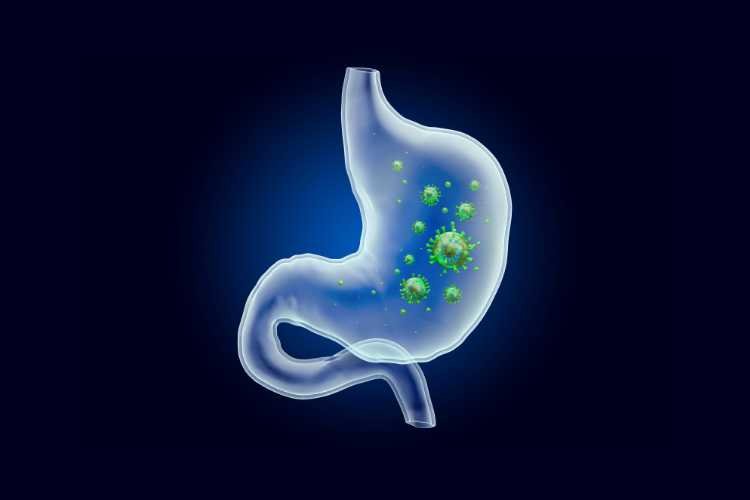Vaxart finds itself in a precarious position as it grapples with mixed results for its oral monovalent norovirus vaccine candidate, VXA-G1.1-NN. While the biotech company did achieve success in certain aspects of its study, investors remain cautious due to a critical setback in its ability to reduce acute gastroenteritis.
In a midphase challenge study, participants were randomized to receive either VXA-G1.1-NN or a placebo. Following vaccination, subjects were exposed to the targeted norovirus strain in an isolation ward. The primary endpoint aimed to assess the rate of acute gastroenteritis, measured by symptoms like diarrhea, vomiting, and nausea during the week following virus exposure. Unfortunately, VXA-G1.1-NN fell short in this regard, as 44.7% of the treatment group still experienced symptoms compared to 56.9% in the control group.
“Challenge studies use higher quantities of virus than an individual may encounter during a naturally occurring infection, yet our vaccine candidate demonstrated a significant effect on infection and viral shedding, even though it did not achieve a statistically significant reduction in norovirus AGE. The magnitude of the reduction in shedding could have an impact on transmission and may have important public health benefits, as norovirus spreads rapidly among people gathering in large numbers, including settings such as daycare centers, nursing homes, and workplaces, and may reduce the potential spread of the infection to families at home.”
– Dr. James F. Cummings, Vaxart’s Chief Medical Officer
One encouraging aspect of the study was the infection data. Among the 76 vaccine recipients, Vaxart observed a norovirus infection rate of 47.9%, significantly lower than the 81.5% infection rate in the control group. This resulted in a statistically significant 29% relative risk reduction, indicating the vaccine’s potential to reduce viral transmission.
Dr. Cummings emphasized that this decrease in infection rates not only reduces the likelihood of individuals transmitting the virus to others but may also lead to decreased viral shedding in close-contact environments. These findings suggest a twofold benefit of the vaccine.
Vaxart is now diligently analyzing the data to inform the design of a larger phase 2b trial and exploring ways to streamline the size and duration of the planned registration trial. Additionally, the company is actively working on a bivalent vaccine that could offer broader protection.
Despite the mixed results, Vaxart’s stock saw a modest increase of 1.7% to 81 cents in premarket trading. The company remains committed to advancing its vaccine candidates and addressing the challenges posed by norovirus, a persistent public health concern. Investors will be closely watching for further developments in Vaxart’s quest to combat this prevalent gastrointestinal virus.





























